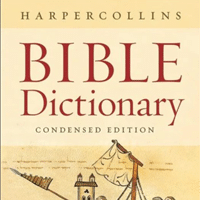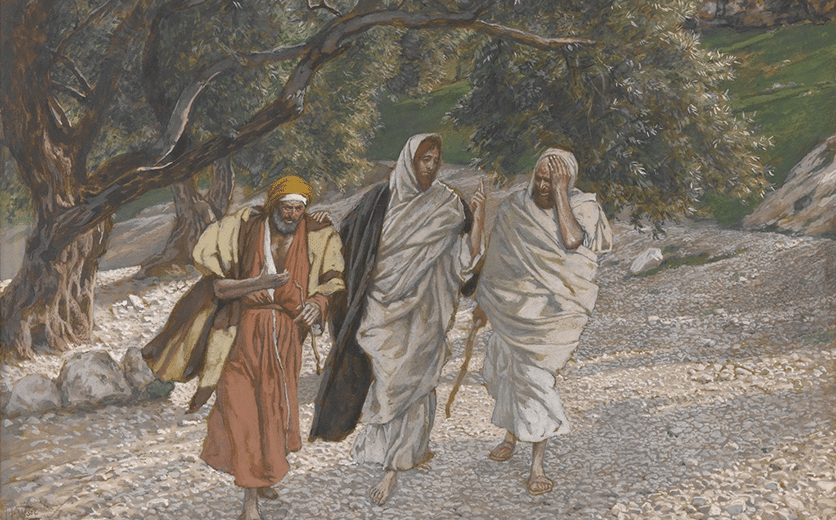The total subjection of one person to another. Aside from crown and temple slavery, slave labor played a minor role in the ancient Near East, for privately owned slaves functioned more as domestic servants than as an agricultural or industrial labor force. The chief source of crown and temple slaves was captives of war (1Kgs 9:21; Num 31:25-47; Josh 9:23), while that of private slaves was defaulting debtors and their families (Exod 22:2; 2Kgs 4:1) or indigents who resorted to voluntary self-sale (Lev 25:39; Exod 21:5-6; Deut 15:16-17). Although the Bible acknowledges the slave’s status as the property of the master (Exod 21:32; Lev 25:46), it seeks to restrict the master’s power over the slave. The master was punished for excessive use of authorized force leading to the immediate death or permanent maiming of the slave (Exod 21:20; Exod 25-26:20). The slave was part of the master’s household (Lev 22:11) and was required to rest on the Sabbath (Exod 20:10; Deut 5:14) and to participate in religious observances (Gen 17:13; Exod 12:44; Lev 22:11; Deut 12:12; Deut 12:18; Deut 16:11; Deut 16:14). Biblical law also prohibited extradition of slaves and granted them asylum (Deut 23:16-17; but cf. 1Kgs 2:39-40). The servitude of a Hebrew debt-slave was limited to six years (Exod 21:2; Deut 15:12; Jer 34:14). Slavery continued in the Roman Empire in NT times, and many slaves became Christians (Col 3:22-24; 1Tim 6:1-2). Although the institution of slavery as such is not condemned in the NT, Paul urged Philemon to treat his slave Onesimus as a brother rather than as a slave (Phlm 1:15-16).




